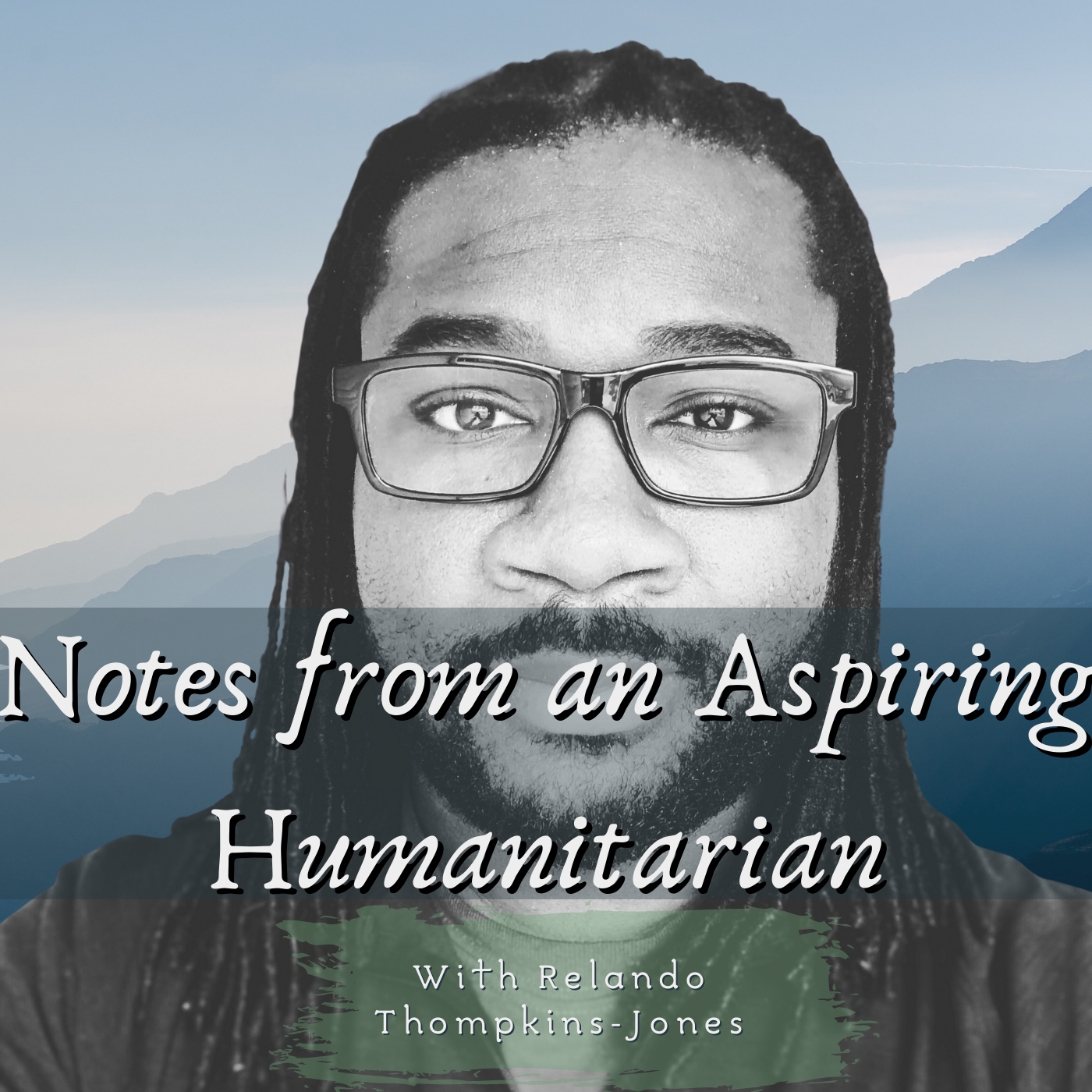2 Articles Written Specifically for White People to Foster Anti-Racist Allyhood

Image from racismreview.com
Written by Derrick Clifton, these two articles regarding conversations about race connect common themes of denial and give people who are white an opportunity to take in information to become active anti-racists, if they are willing to shut up and listen.
9 clueless things white people say when confronted with racism
“As people who benefit from racial privilege, whites can support the leadership of people of color by first challenging these deeply-ingrained myths about racism before entering into a conversation about it, especially with people of color…”
17 things white people need to know about #Yesallblackpeople
“Instead of white people having a conversation about how they can use their privilege to dismantle the unfair advantages and level the playing field—while practicing intersectionality—it instead becomes a game of privilege denial and the Oppression Olympics. We can’t get anywhere when white people simply disavow racism or deny it when called out.
Ultimately, it’s about time that we stop making whiteness the focal point in a conversation about racism, because the real focus should be the everyday lives of blacks and people of color who have to navigate social and institutional indignities repeatedly.
For people of color who aren’t white, or who have the privilege of having whiter skin and, perhaps it’s time to begin questioning how you benefit from white privilege and begin openly rejecting it, in solidarity with the broader black experience of being cast as the “other” at the opposite end of a racist continuum. Some advocates are already putting that into practice, as demonstrated with Not Your Asian Sidekick….”
From Aspiring Humanitarian, Relando Thompkins, MSW, LLMSW
—————————————————————————————————————————
(N.A.H.) is advertisement-free and reader supported. If you enjoy my notes, consider supporting (N.A.H.) with a one-time donation or by becoming a monthly patron.
—————————————————————————————————————————















Relando, I love that you are not afraid to address these issues. I would assume that many people would be offended by the fact that this was addressed to white people ( as if they were being accused of being a racist, instead of “this may broaden my awareness”) and totally dismiss the thought of reading further. These readings can really benefit people of color, and those from privilege, who do not know how to share their experiences without the awareness of how these attitudes come about. I will use these articles as a resource to broaden my own awareness, and gain the knowledge to speak about these issues sufficiently.
Thank you for your comment, and I am glad to hear that you are choosing to use these articles as a resource to not only broaden your own awareness, but to take some action by speaking out about this.
The fear of being accused as a racist can be a huge roadblock for some folks, but it’s also important to understand that even if a person who is white doesn’t agree with racism personally, even if they consider themselves to be “nice” and not like those “other people”, they still benefit from a system of racism.
It’s true that some people who are white would be offended by the fact that this was addressed to people in their social group. That is fine. I’ve often heard that before the truth sets you free, it makes you angry. For those who do get offended and decide not to read further, it is certainly their privilege to do so, as choosing when and where to think about and talk about race and racism is a luxury that people who are not white don’t have, and reinforces why these articles and conversations are so important in the first place.
I’m speaking to people who have a desire to do something about dismantling racism. That’s also why this post is in my Allyhood category.
One of the first things people who would wish to be allies need to remember, is that the work isn’t about their feelings.
“The first rule of being a good ally is that it’s not about you. Your feelings are irrelevant. If you insist on framing the conversation around your feelings and how you’re being excluded, then you were never a real ally in the first place….If someone from a marginalized group calls you out on your privilege, one of the worst things you can do is to get defensive. What you need to do is sit back, listen, and reflect on what you did and how that came across. It doesn’t matter what your intent was, what matters is how it was perceived and received.”—from Where being a good ally goes wrong.